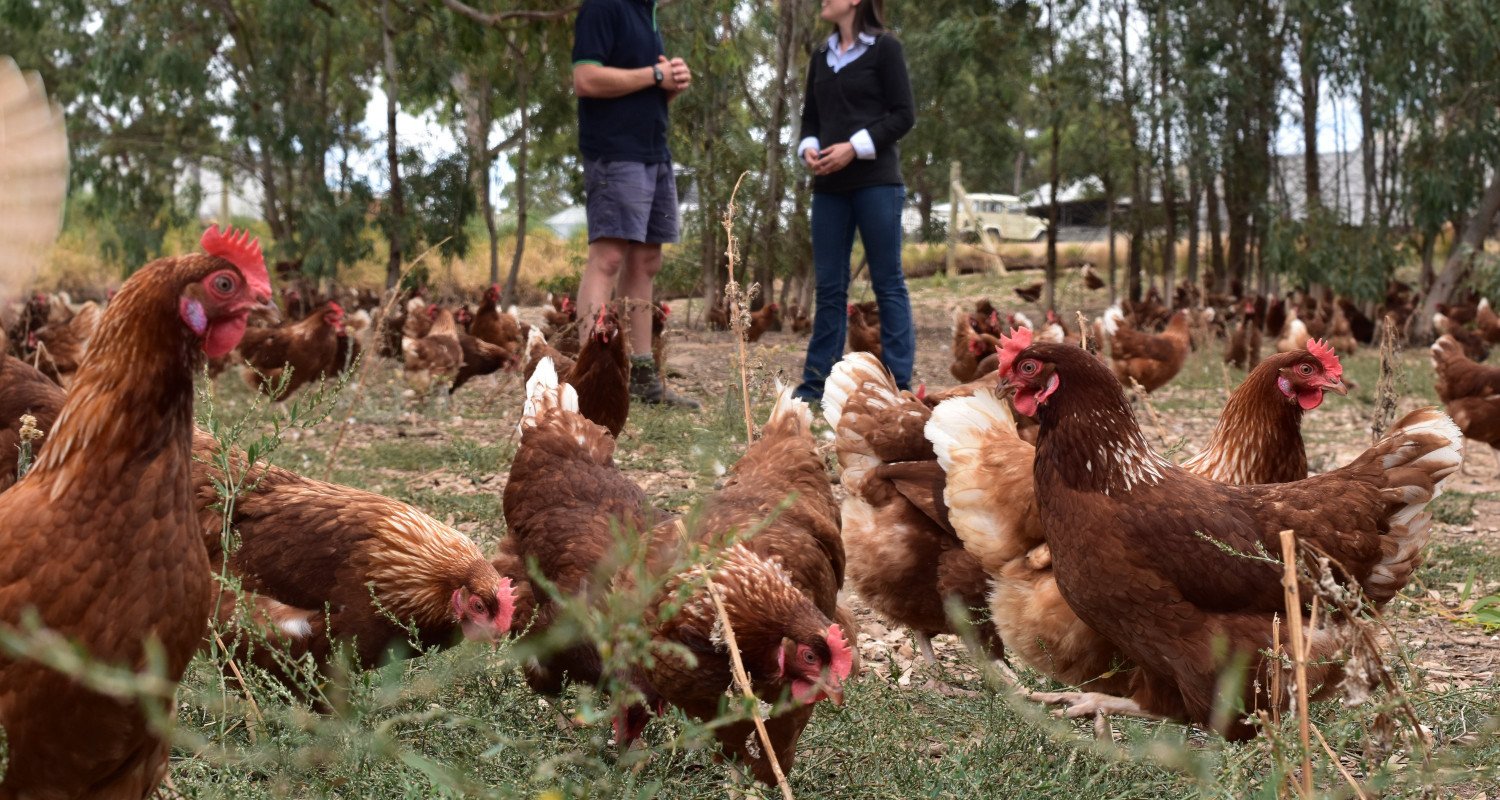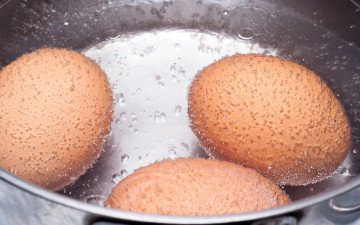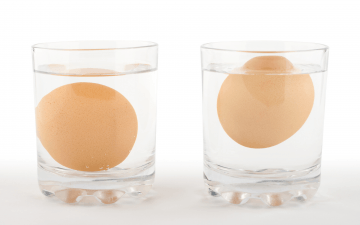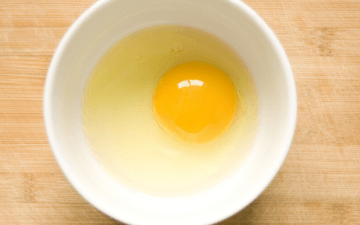
Handling and Storing Eggs
What points should you consider when buying eggs?
- Choose eggs with clean, uncracked shells
- Don't buy out-of-date eggs
- Choose the size most useful and economical for your lifestyle.
Why should eggs be refrigerated?
Avoid these temperature changes by keeping eggs within a climate-controlled refrigerated environment. Likewise, when taking eggs out of the fridge for use, don’t leave them out for any longer than they have to be. A cold egg left out at room temperature can sweat, facilitating the growth of contaminating bacteria.
What’s the best way to store eggs?
The best way to keep eggs is to store them in their original carton in the refrigerator as soon as possible after purchase. Cartons reduce water loss and protect flavours from other foods being absorbed into the eggs. Storing eggs loose, or in specially designed sections of the refrigerator is not recommended as this also exposes eggs to greater risk of damage.
How long do eggs last?
Fresh eggs can be kept refrigerated for up to 6 weeks but always check the use by date displayed on the carton. It is best to put eggs in the fridge as soon as you get them home.
I’ve had a carton of eggs in my fridge for a few weeks. Can I still use them?
Yes. Older eggs are ideal for baking cakes, quiches and frittatas. They are also perfect for hard-boiling, scrambling, and making omelettes. When hard-boiling, it’s actually better to use eggs that are a little bit older because the white is less likely to stick to the shell. Fresher eggs are better for poaching and frying because they hold their shape.
How can I tell if an egg is still fresh?
A quick and fun test for egg freshness is to pop them in a bowl of water. Fresh eggs will stay at the bottom of the bowl while older eggs float because of the large air cell that forms in its base.
Why do hard-cooked eggs spoil faster than fresh eggs?
When shell eggs are hard cooked, the protective coating is washed away leaving the pores in the shell open for bacteria to enter. Hard-cooked eggs should be refrigerated within two hours of cooking and used within one week.
Related Articles

Egg Safety
As an Australian household staple, eggs are an important source of nutrition for the vast majority of people. While egg farmers supply a safe, clean, fresh product, it is possible for eggs to become contaminated by the food poisoning bacteria Salmonella.

How to Tell If Eggs Are Off
How many times have you cracked an egg into a bowl of other ingredients, only to question whether the egg has gone bad or not?

Can You Eat Raw Eggs?
Ever since Rocky started guzzling eggs in the 1976 classic, raw eggs have been a popular food among bodybuilders and athletes. Despite this, many non-athletes are hesitant about consuming uncooked eggs because of the risk of food poisoning.
Want to see what an egg farm looks like? Take this interactive 360 degree tour to see how eggs are produced in Australia.



